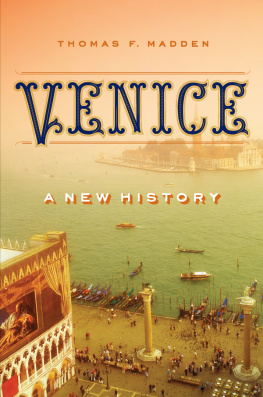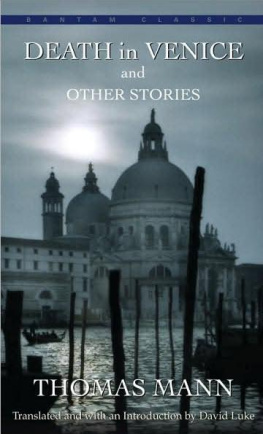COSTUMES.
Table of Contents
DUKE-Crimson velvet dress, with purple robe, richly embroidered with gold.
PRIULI-Purple velvet dress, scarlet mantle, black trunks puffed with buck satin, black silk stockings, shoes and roses, black sword, round black hat, and black plumes.
BEDAMAR-Purple doublet and breeches, embroidered, russet boots, round black hat, and plumes.
JAFFIER-Same as Priuliexcept mantle.
PIERRE-White doublet and blue Venetian fly, embroidered, white pantaloons, russet boots, black sword, round black hat, and scarlet plumes.
RENAULT-Black velvet doublet and trunks, buff pantaloons, russet boots, dark cloak, embroidered, round black hat, and plumes.
SENATORS-Black gowns trimmed with ermine, and black caps.
CONSPIRATORS-Rich Venetian dresses.
GUARDS-Grey doublets, breeches, and hats.
BELVIDERA-First dress: White satin, trimmed with silver, long purple robe, richly embroidered with gold. Second dress: White muslin.
EXITS AND ENTRANCES. R. means Right; L. Left: R. D. Right Door; L. D. Left Door; & B. Second Entrance; U. E. Upper Entrance; M. D. Middle Door.
RELATIVE POSITIONS. R., means Right; L.,Left; C, Centre; R. C, Right of Centre h. C, Left of Centre.
EDITORIAL INTRODUCTION.
Table of Contents
The story of "Venice Preserved" is partly founded upon St. Real's History of the Conspiracy of the Spaniards against the Republic of Venice, in 1618. Voltaire compares the author of this History to Sallust; and pronounces it superior to the English tragedyan assertion, which, like many others from the same source, was the convenient sentence of an adroit but reckless ignorance. The merits of St. Real are undoubtedly great; but Otway's indebtedness to him is exceedingly slight; and it is remarkable to see how ingeniously, from a few meagre historical details, the great dramatist has constructed one of the noblest imaginative works of which literature can boast. The names of nearly all the dramatis person with the exception of Belvidera, are taken from St. Real; but their characters are Otway's, and his plot is almost wholly original. The true Pierre was a Norman corsair, who had accumulated a fortune by plundering ships in the Mediterranean. He was eventually strangled on board his own ship by order of the Venetian Senate. Jaffier was of Provence, and appears to have engaged in the plot against the state from his friendship for Pierre, and the prospect of gain. History says nothing of his wrongs, or his love for the daughter of Priuli; and he was shaken in his faith to the conspiracy, not by the tears of a woman, but partly by nis detestation of the sanguinary speech of Renault (in which Otway follows the history), and partly from being struck with compunction during the spectacle of the Doge's wedding the Adriatic, when his imagination contrasted the public rejoicings with the desolation which was to follow. After disclosing the plot, and experiencing the perfidy of the Senate, who had promised him the lives of his friends, he was made captive while bearing arms against Venice, and drowned the day after his arrival in the city. Renault, according to St. Real, was an old French gentleman, who had fled to Venice for some unknown cause, and there became acquainted with the Marquis de Bedmar. Though poor, he esteemed virtue more than riches, and glory more than virtue. He had abilities, courage, a contempt for life, and a passion for distinction. The affront towards Belvidera, of which Otway makes him guilty, was a pure invention of the author, unsupported by any trait which history ascribes to Renault.
Few plays owe so much to the pruning-knife for their success as this. In its unexpurgated state, "Venice Preserved" leaves an impression far less favorable to the genius, as well as the moral sense of the author, than in its present abridged and rectified shape. In the language of Campbell, "never were beauties and faults more easily separated than those of this tragedy. The latter, in its purification for the stage, came off like dirt from a fine statue, taking away nothing from its symmetrical surface, and leaving us only to wonder how the author himself should have soiled it with such disfigurements. Pierre is a miserable conspirator, as Otway first painted him, impelled to treason by his love of a courtesan and his jealousy of Antonio. But his character, as it now comes forward, is a-mixture of patriotism and excusable misanthropy. Even in the more modern prompt-books, an improving curtailment has been introduced. Until the middle of the last century, the ghosts of Jaffier and Pierre used to come in upon the stage, haunting Belvidera in her last agonies, which, Heaven knows, require no aggravation from spectral agency."
This tragedy is believed to have been originally acted about the year 1682. "Pierre and Jaffier," says Jackson, in his History of the Scottish Stage, "in the estimation of the theatrical world, are equal in rank, and excel each other in representation only, as the particular talents of the actor elevate or lessen, in the idea of the spectator, the importance of whichever part he assumes. I have seen Garrick and Barry alternately in both parts, and the candid critic was doubtful where to bestow the preference. Mr. Mossop, indeed, raised the character of Pierre beyond all reach, and left any Jaffier I ever saw with him at a distance: out, had he attempted Jqffier, I am confident he would with Barry in Pierre, have stood far behind."
Of this same Mossop in Pierre, Davies, the biographer of Garrick, remarks:
"His fine, full toned voice and strong expression of sentiment, gave uncommon spirit to the warmth and passion of the character. In the interview with the conspirators, in the third act, he threw a gallantry into his action, as striking as it was unexpected. But he greatly excelled in the vehement reproaches, which, in the fourth act, he poured, with acrimony and force, on the treachery and cowardice of Jaffier. The cadences of his voice were equally adapted to the loudest rage and the most deep and solemn reflection, which he judiciously varied." "Mr. Garrick," says Davies, "when fixed in the management of Drury Lane, resigned Pierre, in which part his fire and spirit were not equally supported by grandeur and dignity of person, for Jaffier, which he acted with great and deserved approbation many years." The temporary frenzy, with which Jaffier is seized, in the fourth act, on fancying that he saw his friend on the rack, has not since been equalled, nor, perhaps, ever will.
'He groans; Hark, how he groans! his screams are in my ears Already! See, they've fixed him on the wheel! And now they tear him! Murder! Perjured Senate! Murder!'
"The enthusiastic power of Garrick presented this dreadful image to the audience with such astonishing force, that they trembled at the imaginary picture. In all the softer scenes of domestic woe, conjugal tenderness, and agonizing distress, Barry, it must be owned, was Garrick's master.





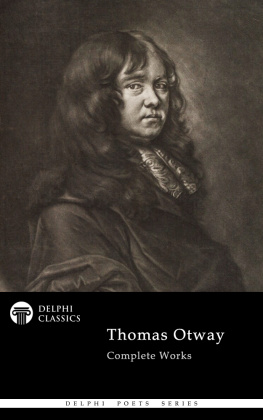
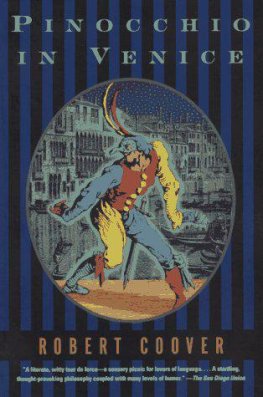


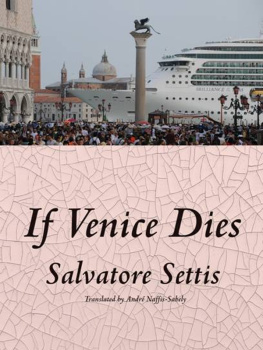
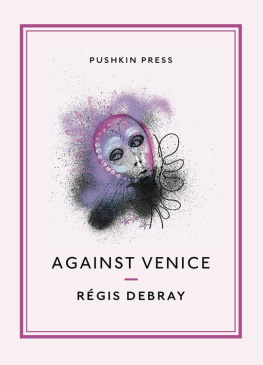
![Bosworth - Italian Venice: a history[Electronic book]](/uploads/posts/book/194557/thumbs/bosworth-italian-venice-a-history-electronic.jpg)
